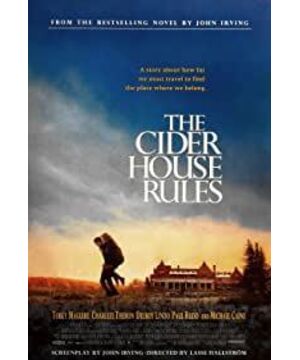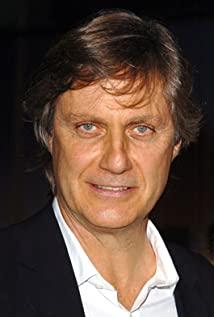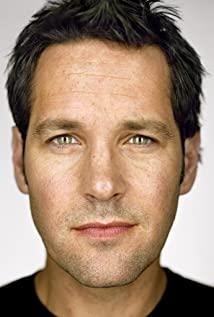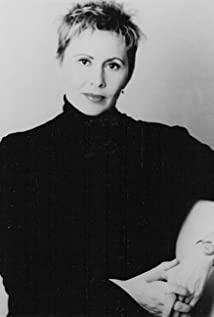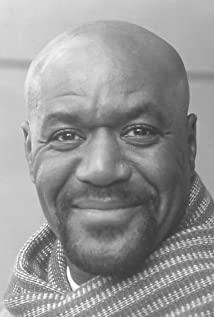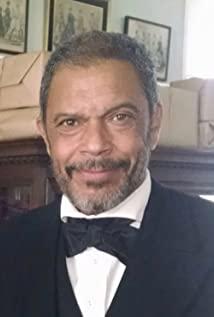There are spoilers! The movie feels like an orphan growing up story but I read the original novel today and found that one of the main mentions was abortion. In the movie, too, the protagonist is an orphan who was raised by a doctor in an orphanage. The orphanage not only accepts pregnant women to give birth (the child is born in the orphanage), but also gives abortions to young women. The time was around 1930, and abortion was not accepted by the mainstream of society, but the protagonist's teacher and adoptive father resolutely decided to help women get abortions. Because of this adoptive father, when he was young, he refused an abortion request from a young prostitute. Later, the woman was pierced with multiple holes in her uterus because she sought an abortion at a small clinic, and eventually died of inflammation. (This was not filmed in the movie, which led me to not understand my adoptive father’s insistence on abortion. The protagonist was an apprentice by his adoptive father’s side and saw a stillborn baby who was aborted (this is described in detail in the novel, I…, and then decided that I would not After the abortion operation, the protagonist decides to leave the orphanage to go out into the world, pick apples in the apple orchard, and deny that he is a doctor (after all, there is no diploma. In the end, the female worker who picked apples together suddenly became pregnant, and the father of the child was actually the father of the female worker. Under the helpless situation and the pain of the patient, the protagonist decides to pick up the surgical tool sent by his adoptive father to perform an abortion.
In the end, when I learned that the adoptive father of the orphanage passed away, the male protagonist still returned to the orphanage to take over the doctor's work, (the work of God) midwifery and the work of the devil (the abortion should be carried out together)
The name of the novel comes from the list of rules in the Apple Worker's Cabin, which is very strict but the Apple Workers are illiterate, so no one cares. I think it implies that some rule-making does not take into account the executors, the implication is to break the rules and so on.
My understanding is that, for example, the society's view on abortion is that "indiscreet behavior leads to pregnancy, and abortion doctors are murderous demons. This behavior is cruel", but the formulation of these consciousnesses did not take into account "many cases are due to rape, incest, etc." "Pregnancy caused by prostitution" is a social "rule" that has no humanity when it is formulated, so why should people be forced to strictly abide by it?
View more about The Cider House Rules reviews


